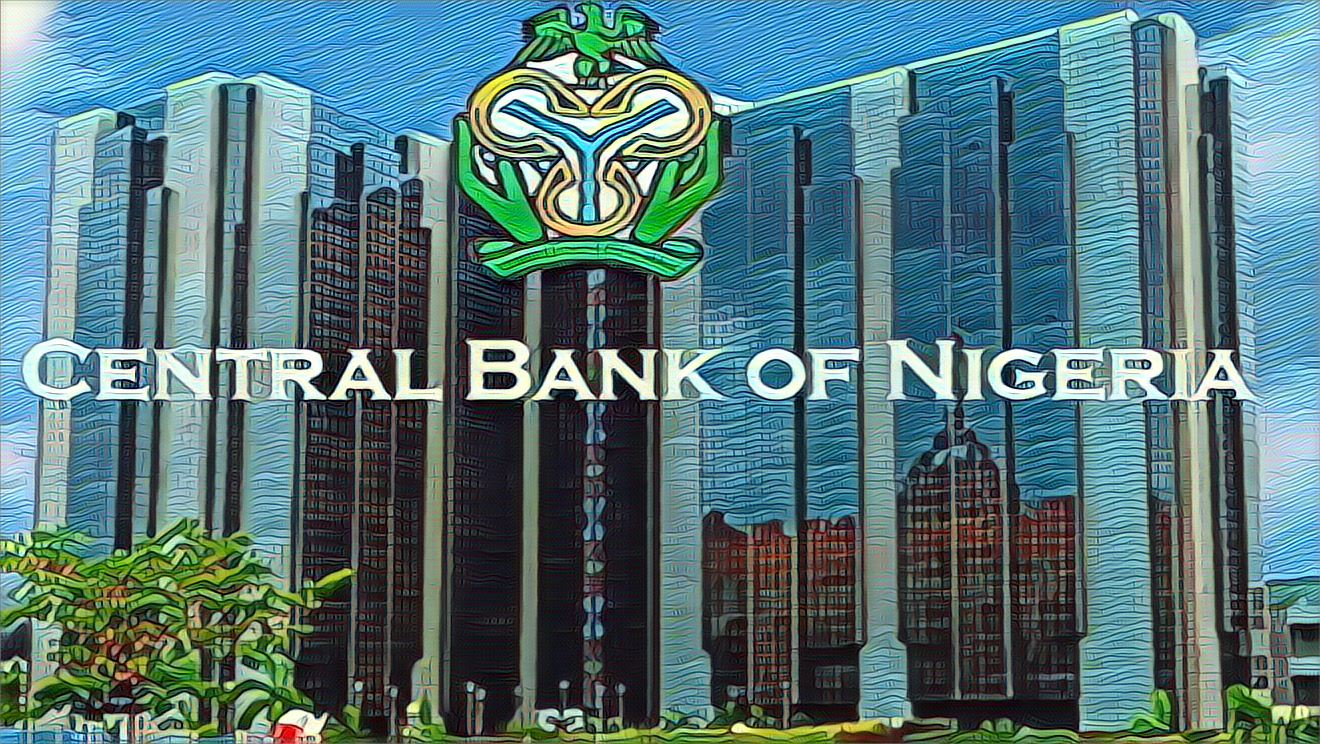From Adanna Nnamani, Abuja
Six deposit money banks out of the 13 listed on the Nigerian Exchange (NGX), have so far met the stringent new capital thresholds set by the Central Bank of Nigeria (CBN).
They include Access Bank, Zenith Bank, Guaranty Trust Bank (GTBank), Wema Bank, Jaiz Bank, and Stanbic IBTC.
The capital recapitalisation drive, unveiled by the CBN in March 2024, is the most ambitious in nearly two decades. Under the new regime, commercial banks with international licenses are required to shore up their capital base toN500 billion, while those with national authorization must meet a N200 billion benchmark. Regional banks face a N50 billion floor, while non-interest banks with national and regional licenses are required to raise N20 billion and N10 billion respectively. The deadline for compliance is March 2026.
The apex bank said the recapitalisation policy was necessary to strengthen Nigeria’s banking sector, improve resilience against economic shocks, and provide lenders with sufficient capital buffers to finance large-ticket transactions in critical sectors such as infra.structure, energy, and manufacturing.
Access Bank was the first Tier-1 lender to cross the N500 billion threshold for banks with international authorization. Its parent company, Access Holdings, announced in December 2024 that it had secured regulatory approvals for a N351 billion rights issue. The impact was evident in its 2024 financial statements, where share capital and share premium surged to N594.90 billion, up from N251.81 billion in 2023. This growth reflects an additional N343.09 billion in capital, boosted by the issuance of 17.77 billion new shares, which expanded total shares outstanding from 35.55 billion in 2023 to 53.32 billion units.
Market analysts note that while the early compliance of six banks signals strong investor confidence and prudent financial planning, the remaining seven banks must accelerate their capital raising efforts to avoid regulatory sanctions or the risk of mergers and acquisitions.
The last major recapitalisation exercise was in 2004 under then-CBN Governor Charles Soludo, which raised the minimum capital base for banks from N2 billion to N25 billion.
That reform drastically reduced the number of banks from 89 to 25 through consolidation, strengthening the sector’s stability.
With the 2026 deadline looming, stakeholders expect a fresh wave of capital injections, rights issues, private placements, and possible mergers as Nigerian banks race to meet the CBN’s new requirements.

















Leave a comment